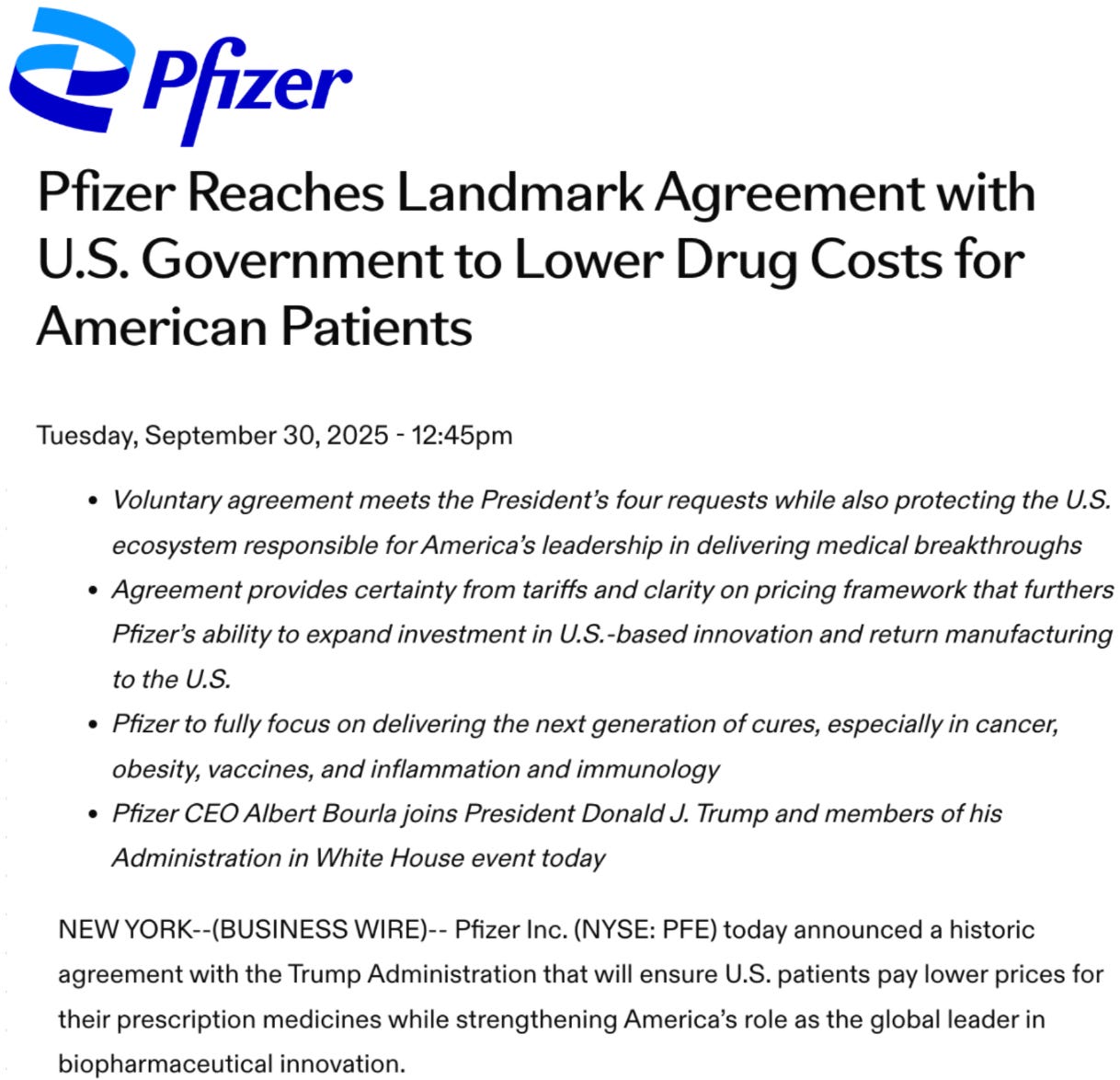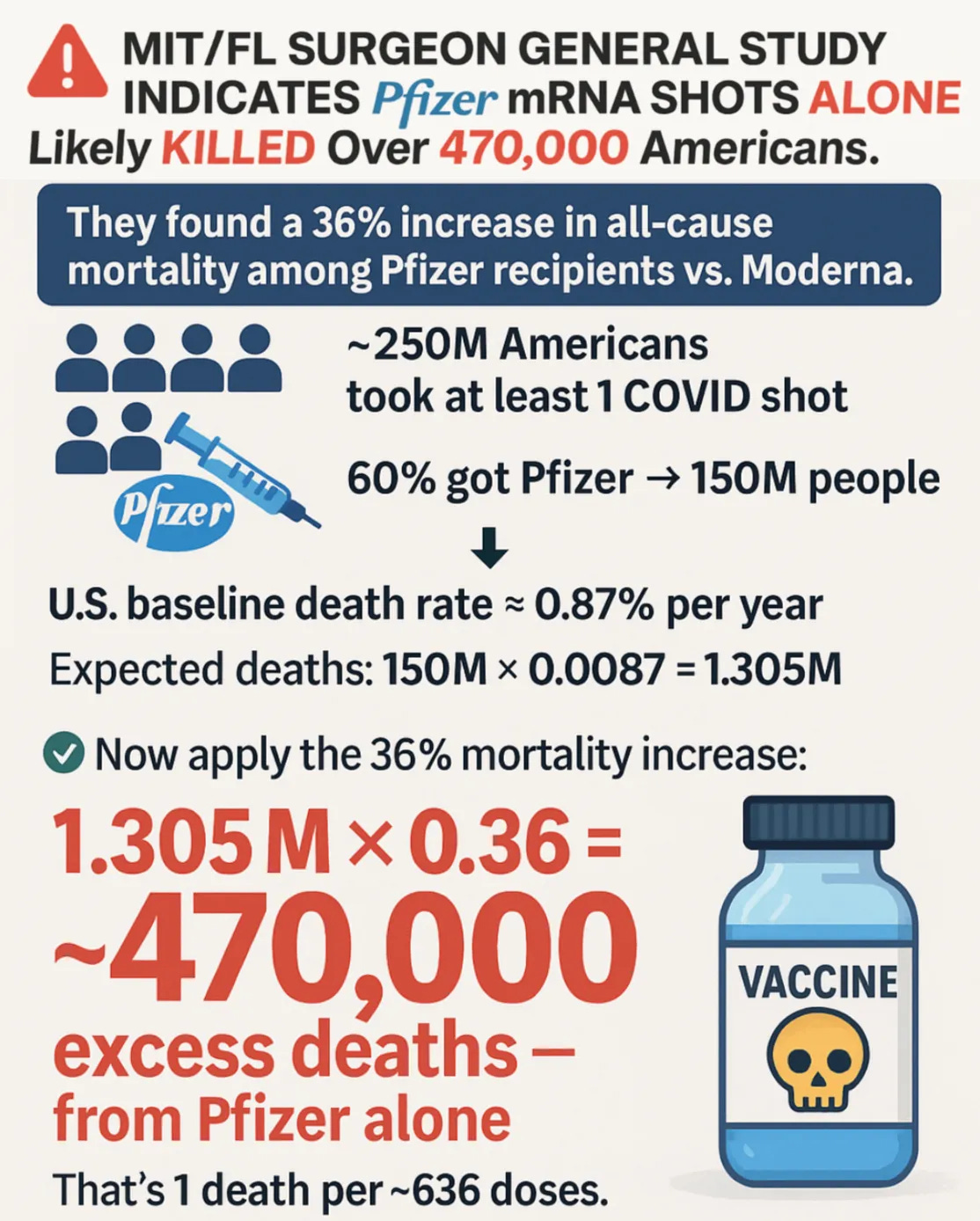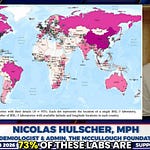Today, Pfizer announced a “landmark agreement” with the Trump Administration. The press release promised lower drug costs and a revival of U.S. manufacturing. President Donald Trump touted that Pfizer would cut Medicaid drug prices for low-income Americans and sell new medicines at a “most-favored-nation” price — but only in exchange for tariff relief.
In reality, it appears to be a multi-billion dollar effort to entrench Pfizer’s failed gene-transfer platforms for decades to come.
The deal secures a $70 billion commitment to U.S. R&D — a down payment on Pfizer’s next wave of gene-based products:
Cancer “vaccines”
Obesity injections
Expanded vaccine portfolio (flu, RSV, bird flu, more)
Chronic disease biologics in inflammation & immunology
Pfizer itself spelled it out:
“With this agreement in place, Pfizer can fully focus on delivering the next generation of cures… in areas like oncology, obesity, vaccines, and inflammation and immunology.”
This comes after Pfizer’s COVID-19 gene-based products have already been linked to catastrophic injuries, deaths, and disabilities worldwide. Instead of scrutiny, the company is rewarded with protection and growth.
CEO Albert Bourla called the deal a “win for patients, a win for leadership, and a win for Pfizer.” He’s right about the last part.
By pledging billions in “investment,” Pfizer secured tariff relief, regulatory stability, and political cover to expand its mRNA pipeline — despite the obvious trail of death and destruction its previous and current products left behind.
The message is clear: accountability is off the table, and Pfizer’s genetic empire now stands shielded by the U.S. government itself.
Epidemiologist and Foundation Administrator, McCullough Foundation
Support our mission: mcculloughfnd.org
Please consider following both the McCullough Foundation and my personal account on X (formerly Twitter) for further content.














